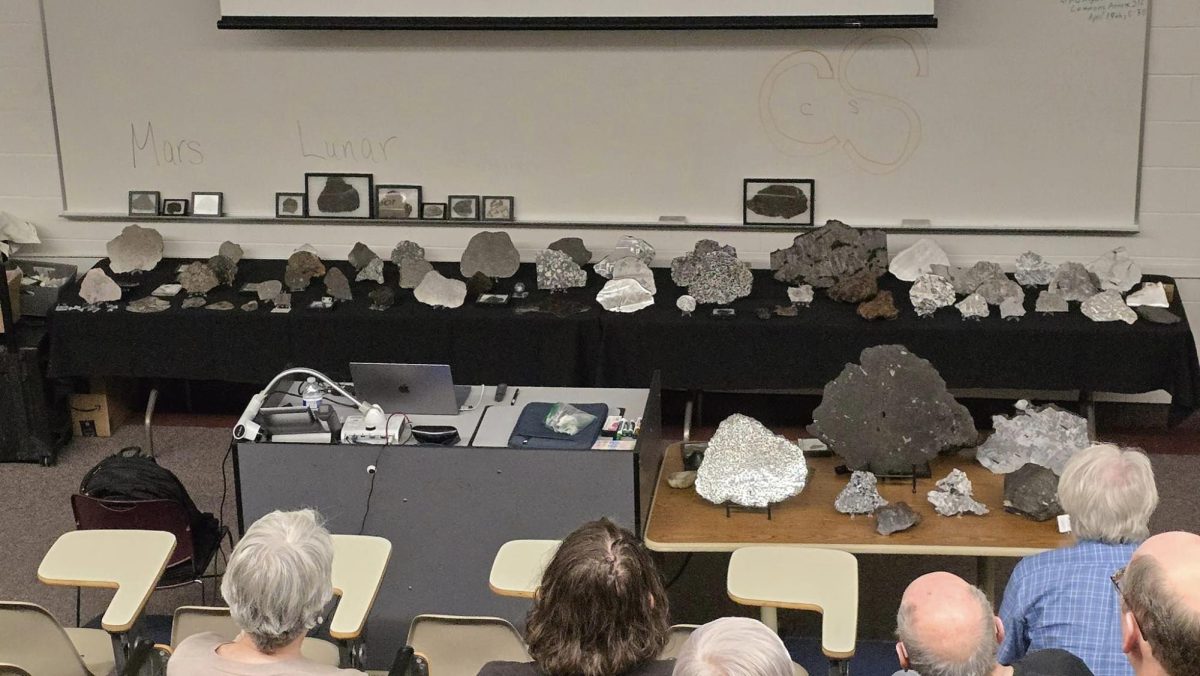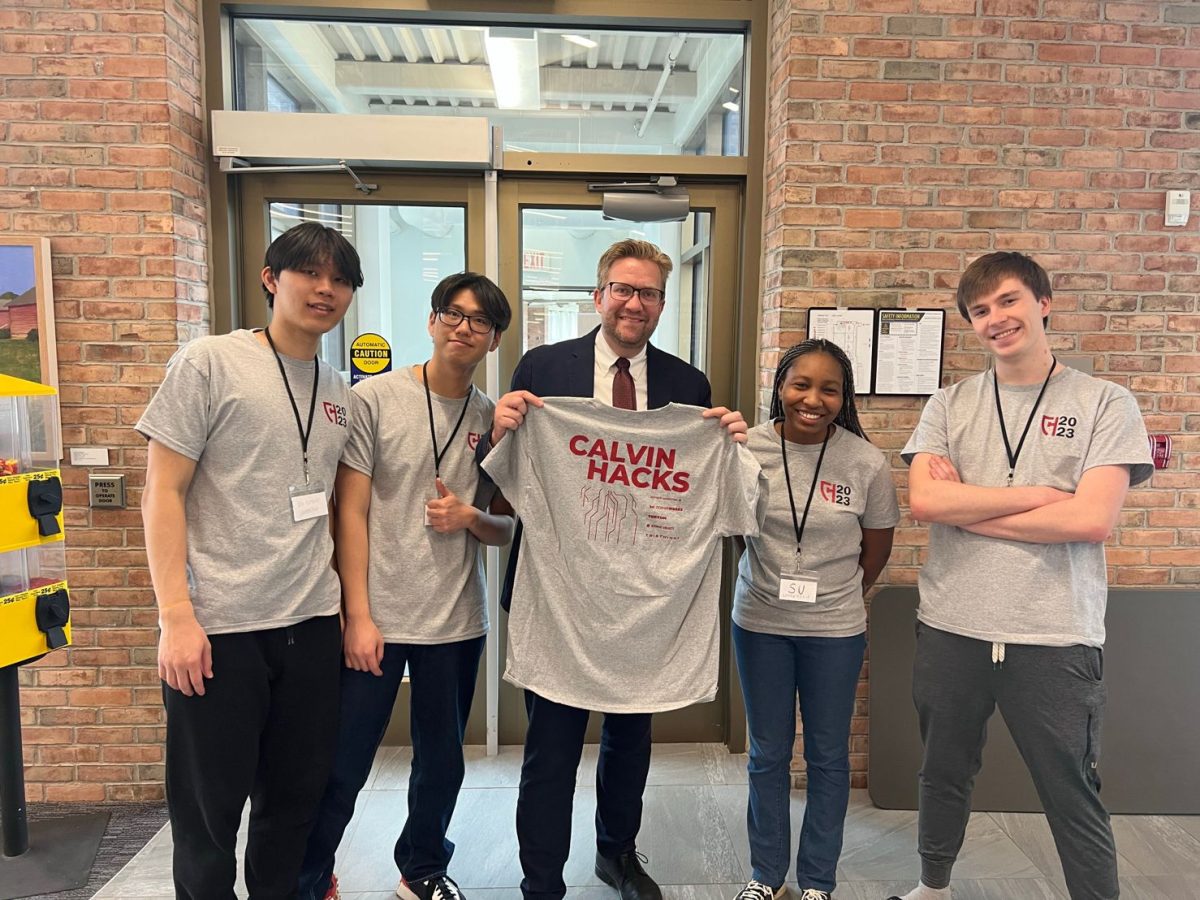The best poker players have the best poker faces, so what happens when your opponent doesn’t have a face?
Researchers at the University of Alberta led by computer science professor Michael Bowling have developed a computer system called Cepheus that taught itself how to win heads-up limit Texas hold ‘em in two months by playing 6,000 games on 4,000 CPUs every second, or 24 trillion hands per second.
Considered to be a significant leap in artificial intelligence, Cepheus has become unbeatable by learning from its own mistakes, refining its mathematical responses with every error.
This particular game of poker involves two players with two held cards and three shared. It is the two held cards that make the game difficult for humans. We typically cannot calculate all possible scenarios fast enough and figure out our opponent’s most probable hand. This is exactly what Cepheus has figured out how to do.
Michael Bowling explained in the press release from the University of Alberta that a game is defined “to be essentially solved if a lifetime of play is unable to differentiate it from being solved at 95 percent confidence.” So although Cepheus does not win every single hand of poker, it cannot be beat in the long run.
The milestones achieved by Cepheus in the areas of artificial intelligence and game theory are particularly exciting to researchers. It is the first nontrivial imperfect-information (meaning there is information about the game that is withheld from the players) that is also played competitively by humans to be solved.
Many perfect-information games have been solved by computers, but real-life situations requiring decision-making skills rarely resemble these types of situations.
By proving the ability of computers to ultimately determine an algorithmic response to imperfect-information situations, the researchers at the University of Alberta have proven that there are possible methods for applying game theory to more nuanced areas of human life.
Bowling noted in the press release that the use of game theory in proposed areas of security, such as airport checkpoints, air marshall scheduling and coast guard patrolling must include the algorithmic advances exemplified by Cepheus in order to manage the uncertainty and missing information of these real-world situations.
The implications of mistakes in these areas are quite serious, and it would be unacceptable to switch to a computer system that is ultimately making more mistakes than the humans in place are already making.
The artificial intelligence quality of Cepheus that allows it to learn from its mistakes and get better at poker would give such a computer system the ability to also learn from its mistakes and become a better air marshall director, for example.
So, once again, we must ask ourselves how much control we are willing to hand over to our own technology, and that’s not a problem that Cepheus can solve.






